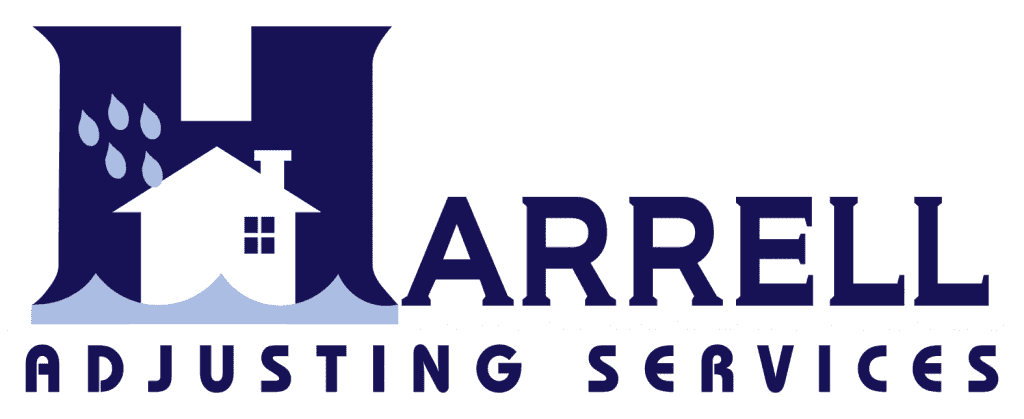When it comes to your home, ensuring you have the right homeowners insurance policy isn’t just recommended, it’s essential. Just as your home is unique to you, your homeowners insurance should be tailored to suit your needs and circumstances. The process can seem daunting, but with some careful considerations and due diligence, you can secure a policy that brings peace of mind. Here are some insightful tips to help you choose the right home insurance policy.
1. Understand What Homeowners Insurance Covers
First, let’s explore what homeowners insurance typically covers. Although policies can vary, standard home insurance often includes coverage for your dwelling (the structure of your home), personal property (your belongings), liability (in case someone gets injured on your property and decides to sue), and additional living expenses (if you need temporary housing while your home is being repaired after a covered loss).
2. Determine Your Coverage Needs
You need to determine the level of coverage you need for your property. Do you live in an area prone to natural disasters like floods or hurricanes? If so, you might need additional insurance as standard home insurance usually doesn’t cover these events. Also, consider the replacement cost of your home, which is the amount it would cost to rebuild your home using similar materials. This amount might be different from the market value of your home.
3. Take Inventory of Your Belongings
To choose the right amount of personal property coverage, you should take an inventory of all your belongings. Furniture, electronics, clothing, appliances, and even smaller items like kitchen utensils can add up in value. Consider high-value items like jewelry or art; these might need additional coverage. A comprehensive inventory will help you decide how much personal property coverage is right for you.
4. Compare Quotes
Homeowners insurance providers often offer different rates for similar coverage. Therefore, it’s essential to get quotes from multiple insurance companies. Make sure you’re comparing apples to apples by looking at the same level of coverage across different providers. Consider using online comparison tools or work with an insurance broker who can do this research for you.
5. Consider the Deductible
The deductible is the amount you’ll have to pay out-of-pocket before your insurance kicks in. A higher deductible often means lower insurance premiums, but make sure it’s an amount you can afford in the event of a loss. Remember, your home insurance is there to provide financial protection, so choosing a deductible that’s too high could leave you in a bind.
6. Check the Insurer’s Financial Strength
You want to make sure that your insurance company will be able to pay out claims, especially in the event of a large-scale disaster that affects many homeowners. Check the financial strength of any insurance company through ratings from independent agencies like A.M. Best and Standard & Poor’s.
7. Read the Policy Carefully
Before finalizing your home insurance policy, read the entire document carefully. Ensure you understand what is covered, what isn’t, the limits of coverage, and your responsibilities as a homeowner. If anything is unclear, don’t hesitate to ask your insurer or agent for clarification.
8. Consider Customer Service and Claims Processing
When dealing with a loss, the last thing you need is a slow or unresponsive home insurance company. Look at customer reviews and ratings for insight into the company’s customer service and claims processing. You want a company that will handle your claims fairly and efficiently.
9. Review Your Policy Annually
Your insurance needs can change over time, especially if you renovate your home, purchase valuable items, or the neighborhood around you changes. It’s essential to review your policy at least once a year and update it as needed.
10. Work with an Insurance Agent
An experienced insurance agent can be a valuable resource. They can help you navigate the complexities of home insurance, understand your coverage options, and choose the right policy for you.
Do Your Research
Choosing the right home insurance policy involves considering your unique needs, researching and comparing options, and understanding the details of each potential policy. With these tips in mind, you can make a more informed decision and find a policy that offers comprehensive protection for your home and peace of mind for you.
Need Help With a Homeowners Insurance Claim?
Harrell Adjusting Services Can Help!
Click or call today!



GET IN TOUCH
Give Us A Call or Schedule A Free Consultation
Services
Residential Services
Commercial Services
Boat Claims Services
Contact Us
Phone: 863-845-0759